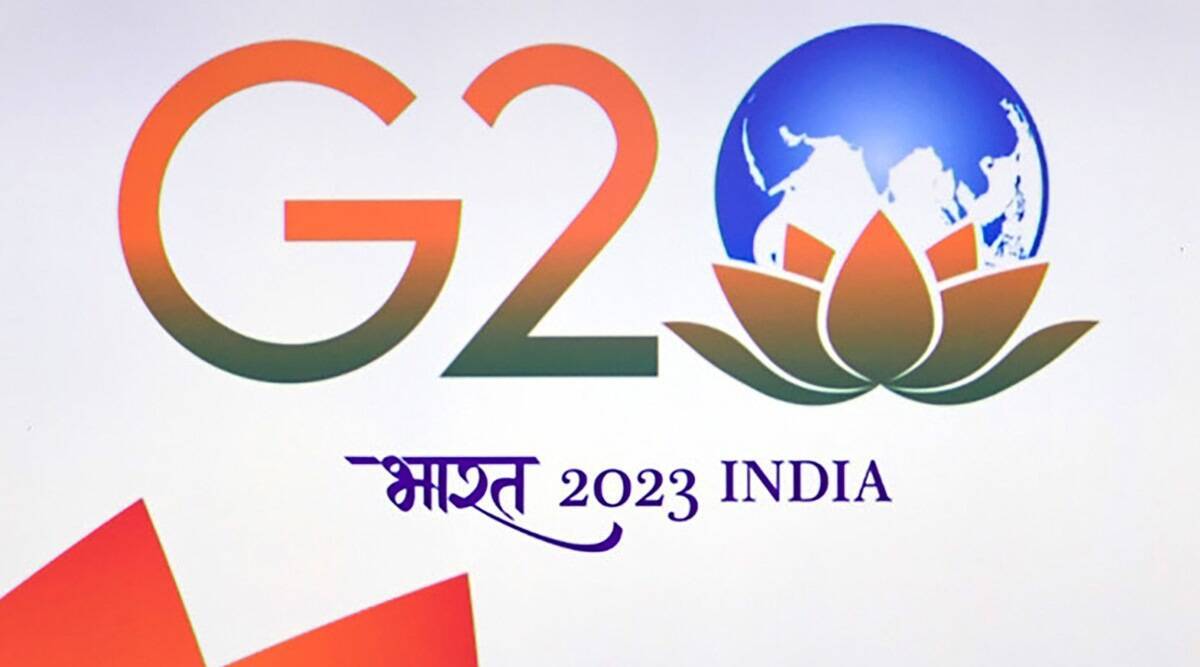G-20 Summit prep: Removing beggars from Delhi’s streets
According to senior officials, following the orders of the CMO, DUSIB took several measures to create begging-free zones at three locations
 The state government just facilitates and supports the event.” Sabarmati has been tagged as the second-most polluted river in India. (FILE)
The state government just facilitates and supports the event.” Sabarmati has been tagged as the second-most polluted river in India. (FILE) As the capital gears up for the upcoming G-20 Summit, the Delhi government’s radar has fallen on the homeless who live under flyovers and footpaths.
Officials said a four-member committee was formed to conduct a study and identify beggars around Kashmere Gate, New Delhi, and prominent locations that delegates are expected to visit.
According to senior officials, following the orders of the CMO, DUSIB took several measures to create begging-free zones at three locations — Hanuman Mandir, Yamuna Bazar, Yamuna Pushta (near ISBT). Three special rescue drives were conducted on January 16, 18, and 22 in this regard.
A total of 570 homeless persons, including beggars, were removed from near ISBT and were relocated to the outskirts of the city at shelter homes in Geeta Colony, Avantika, Rohini and Dwarka Sector 3. The board has to complete the exercise by the end of March.
A senior official said DUSIB has identified more than 1,000 beggars in New Delhi Municipal Council (NDMC) and Lutyens’ areas. The board has also started a drive to rehabilitate them. Embassies and hotels are located in the Lutyens’ zone, and the New Delhi area will be key locations that delegates from G20 countries will be visiting.
Social Welfare Minister Raaj Kumar Anand told The Indian Express, “We are conducting a study to identify beggars to rescue and shift them to shelter homes, and a committee has been formed for this. The plan is to make New Delhi, Central Delhi and other key locations begging-free ahead of the G20 Summit, but we are planning to make the entire capital begging-free.”
He said the social welfare department is also planning to increase shelter homes and is constructing two new skill centres at Sewa Kutir and Lampur. “The work will be done by this year and vocational training like beautician, tailoring, and other courses will be provided to beggars, so they discontinue begging and adopt a good respected life. We want everyone to work and have a good life…,” said Anand.
There are around 20,719 persons engaged in the act of begging (PEAB) in Delhi, according to a survey conducted in February 2021 by the Social Welfare Department and the Institute for Human Development.







